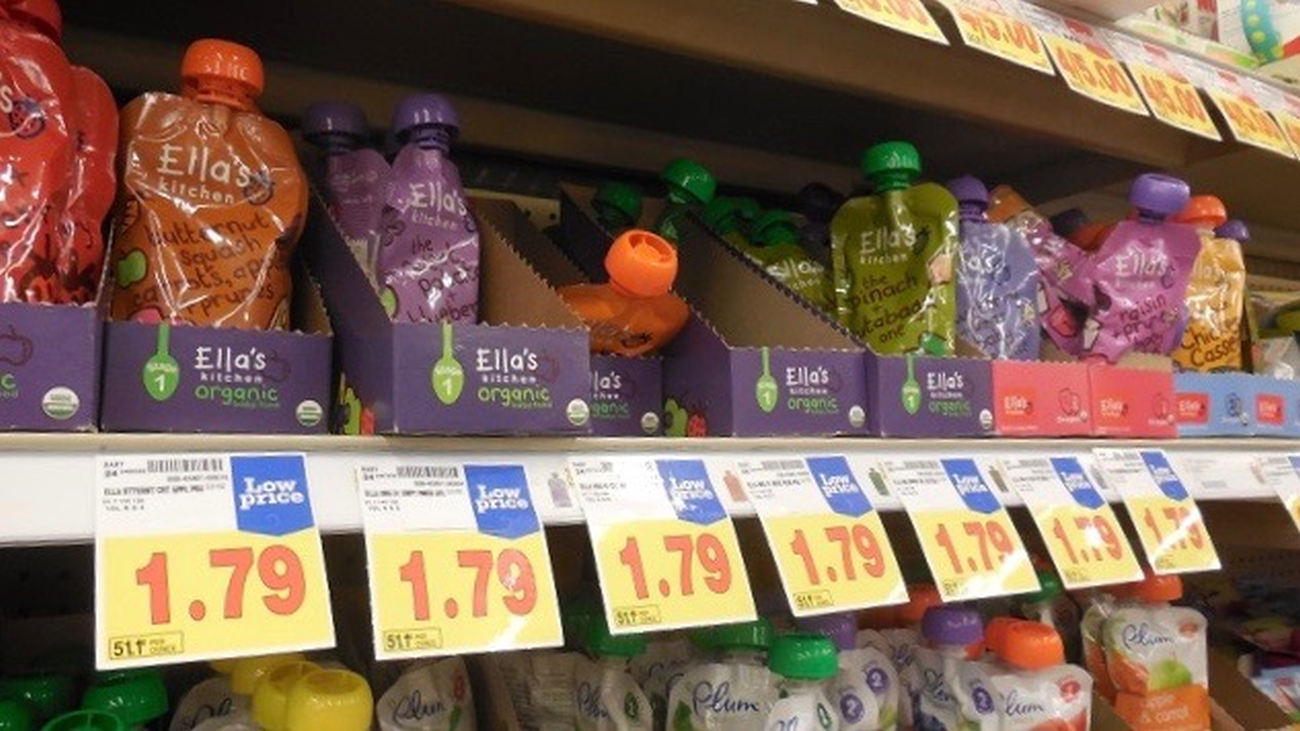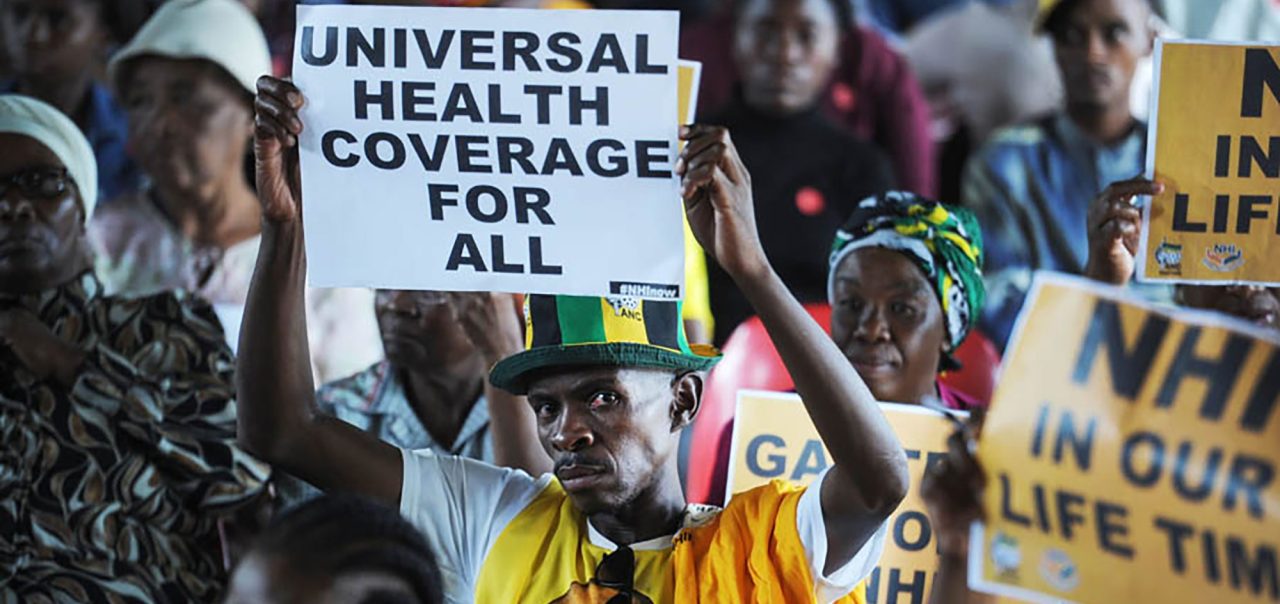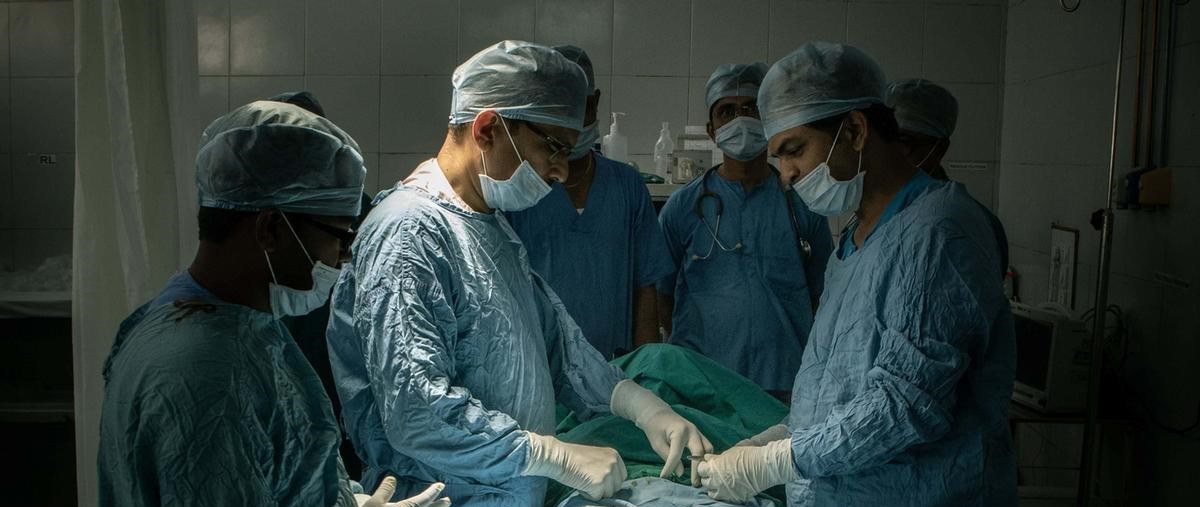Bulletin #52: The many faces of health inequities

This fortnight
Discussions in global health continue to center around decisions made in Geneva after the 76th World Health Assembly. The ongoing negotiations on the Pandemic Treaty raise doubts about whether the final draft will incorporate lessons from previous outbreaks. Francisco Viegas of the Médecins Sans Frontières Access campaign spoke to Jyotsna Singh from the People's Health Movement about the necessary lessons to be learned from Ebola outbreaks.
Among the topics negotiated at the World Health Assembly, there was a positive outcome regarding a landmark resolution on the health of Indigenous peoples, led by the movement in Brazil. The WHO Watch team interviewed Ricardo Weibe Nascimento Costa, Vice-minister for the Health of Indigenous Peoples in Brazil, to gain insight into the potential impact of the resolution.
In the United States, millions of people are forced to ration prescription medicines due to financial constraints, while pharmaceutical companies continue to oppose measures that could regulate drug prices.
Contrasting with this situation is Cuba, where the government has prioritized the health of its people since the revolution. Reporters from Outra Saúde met with Ileana Morales from the Cuban Ministry of Public Health to discuss the country's successful COVID-19 response and overall approach to health.
Not so far from Cuba, in Martinique and Guadeloupe, a determined people's movement is fighting for health justice and reparations from the French state after decades of environmental degradation and the poisoning of people and crops with chlordecone.
In Scotland, the local chapter of the People's Health Movement organized a health assembly to promote unity among various groups fighting against health inequities. Activists addressed issues related to food security and sovereignty, among other things, which remain critical in the face of the ongoing cost of living crisis in the United Kingdom. Of particular concern is recent information about child nutrition trends in the UK, indicating that the majority of children rely heavily on ultra-processed foods for their diet.
Video: What Ebola teaches us about facing pandemics
Jyotsna Singh of Peoples Health Dispatch talks to Francisco Viegas of the MSF Access Campaign on a recent report by the organization on treatments available for Ebola which have not been accessible to people in Africa. He analyzes the challenges to equity and access, and how these factors need to be integral to the upcoming Pandemic Treaty
Featured articles
World Health Assembly resolution on the health of Indigenous peoples is a landmark moment
Ricardo Weibe Nascimento Costa, Vice-minister for the Health of Indigenous Peoples in Brazil, reflects on the importance of the historic resolution on the health of Indigenous peoples at the 76th World Health Assembly

Mobilizations against effects of chlordecone poisoning gain momentum in Martinique and Guadeloupe
The people of Martinique and Guadeloupe have been facing the consequences of chlordecone poisoning for decades. A new initiative has announced it is ready to take forward the struggle for justice

Access, equity and solidarity: the foundations of Cuba’s health system
Ileana Morales from the Cuban Ministry of Public Health talks about the how the country is resisting the US blockade and the secret of the country’s renowned medical system

Millions of people in the US ration medicine as Big Pharma fights to keep prices high
A new CDC study shows that 9 million people are trying to save money by rationing medication, as pharmaceutical giants rally against price checks

Social movements in Scotland come together to build unity in the struggle for health equity
The recently concluded People’s Health Assembly in Scotland brought together 20 organizations working on problems related to health inequities with the aim of furthering unity and fostering change

Ultra-processed food dominates child nutrition in the UK
A recent report reveals that the majority of children in the UK have adopted dietary patterns influenced by marketing strategies employed by major corporations. These children heavily rely on consuming ultra-processed food

Data speaks
UNICEF's report 'The State of the World's Children 2023' reminds us that poverty plays a central role in determining whether a child receives immunization against diseases that can be prevented with vaccines. This is particularly important since vaccination rates have generally fallen during the COVID-19 pandemic.
The report makes note that in the poorest households, about 22.6 percent of children did not receive any vaccines, while in the wealthiest group, only 4.9 percent were not vaccinated. The largest disparity between rich and poor was found in West and Central Africa, where 48.6 percent of children from the poorest households were not vaccinated, compared to 6.3 percent in the wealthiest households.
In many communities, mothers are the primary caregivers, and thus the ones ensuring their children's health. However, gender inequalities most often limit women’s decision-making power, making it harder for them to take action for their own and their children's health. As a result, women often face challenges such as time and distance when trying to get children immunized. They are the ones who have to take time off work and travel to ensure their children receive vaccinations.
Since women make most of the health-related decisions for children, it does not come as a surprise that their education level can impact the number of children who receive vaccines. The analysis of data from 74 countries confirms that: as a mother's education level increases, the number of children who have not received any vaccines decreases.



In case you missed it

.jpg)







